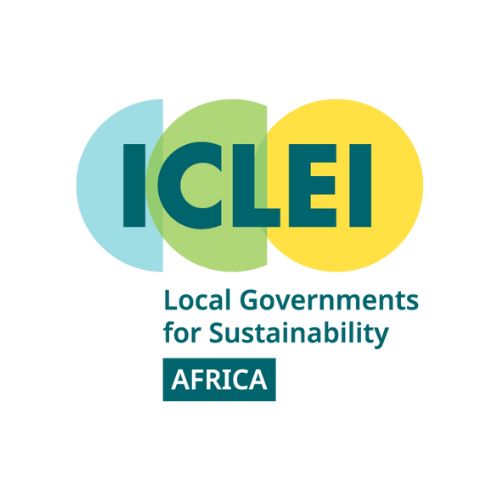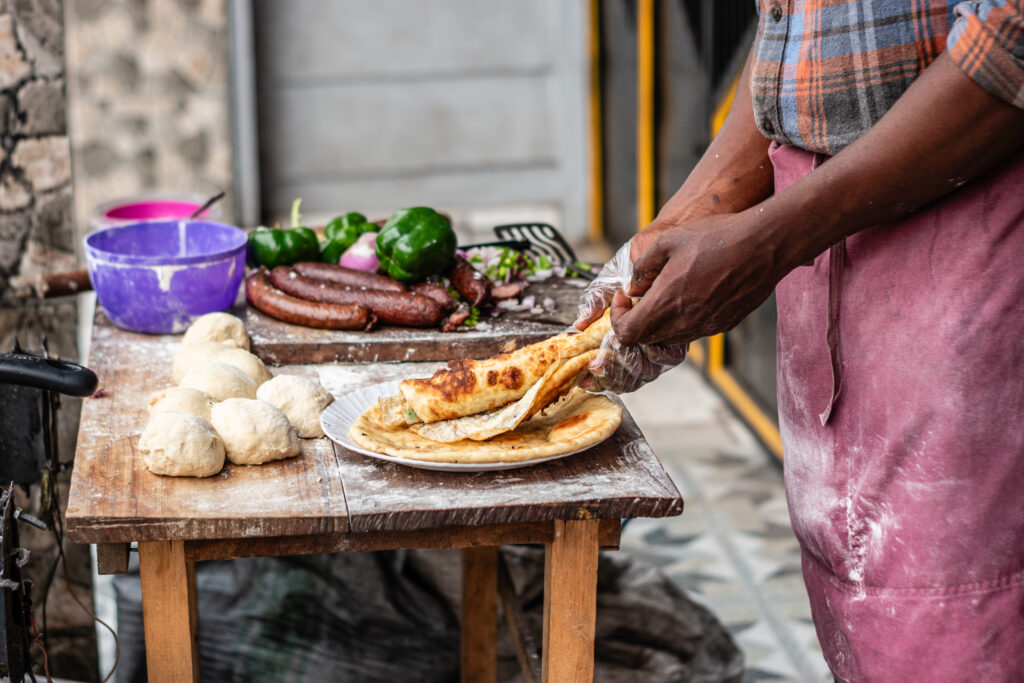Home » Explore the latest project news » Women for Africa’s sustainable food future
Women for Africa’s sustainable food future
Key strategies and initiatives
Embarking on the path to a sustainable food future, we must spotlight and empower the incredible women who stand as the sturdy backbone of our food system. In Africa and other parts of the world, women are the cornerstone of our food system, contributing at every stage from production to waste management. Approximately two-thirds of African women are embedded in agrifood system activities for their livelihoods (AGRILINKS). Despite their substantial contributions, they often face systemic barriers that limit their participation and hinder their advancement to the top echelons of decision-makers within the food system. These barriers include a lack of tenure security and access to credit, funding and agricultural inputs, as well as discriminatory cultural norms and unequal representation in decision-making processes (Pyburn, Slavchevska and Kruijssen). These diminish women’s ability to be productive or contribute to decision-making processes and, more generally, realise many of their human rights. In addition, women are the most food insecure demographic and bear the highest burden of malnutrition on the continent (Mohajan). It has also been observed that Africa is grappling with stunting amongst children under the age of five years (United Nations International Children’s Emergency Funds, World Health Organisation and World Bank). With the burden of childcare on women, this means women are not getting sufficient support and nutrition to nourish their children properly. Recognising and supporting women is crucial to building a resilient and sustainable food system both for now and for future generations.
How can this be done?
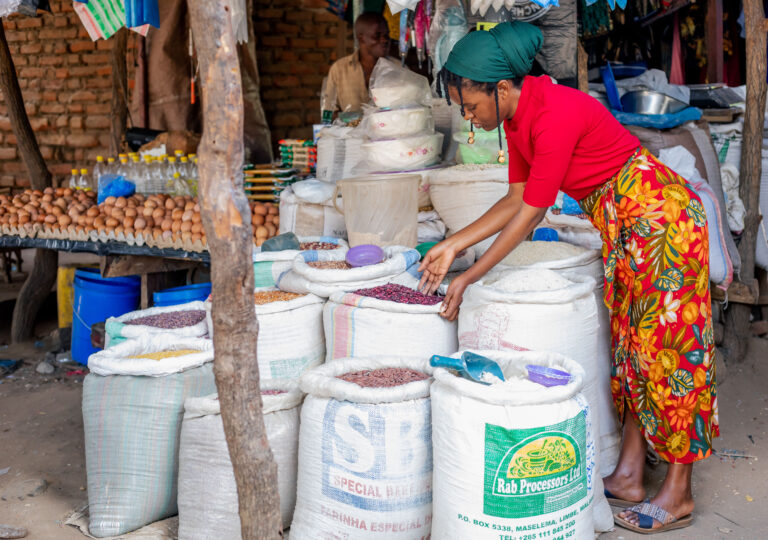
Key strategies and initiatives for empowerment
Policies and legislation on gender equity and equality and women’s rights in the food system should be promoted and implemented: This includes measures to address discriminatory practices, improve market access, and support social protections for women. Ensuring gender equity in resource allocation and providing fair access to land, water, seeds, and other resources, removes barriers and enhances women’s active participation in the food system, thereby enhancing productivity and improving livelihoods. However, developing policy is one thing; implementing it is another. For policies and legislation to be implemented effectively and efficiently, government implementation agencies and other stakeholders need support and the political will to back implementation and oversight- this remains one of the biggest challenges in Africa.
Prioritise investment in education for women: This will enhance their skills and knowledge, empowering them to innovate and make informed decisions, such as diets appropriate for their children’s growth and development, and sustainable methods for food production, distribution and processing, to name a few. Education not only broadens knowledge diversity, it plays a critical role in propelling women to decision-making positions within the food system.
Foster women’s leadership by creating platforms or programs that cultivate women’s leadership in food-related organisations, cooperatives, and community initiatives. This will amplify their voices in decision-making processes, enrich perspectives and promote more inclusive policies.
Women in the agrifood business should be supported by providing them with access to credit, funding and mentorship opportunities: This will not only boost their economic empowerment but also foster innovation and diversification within the food industry.
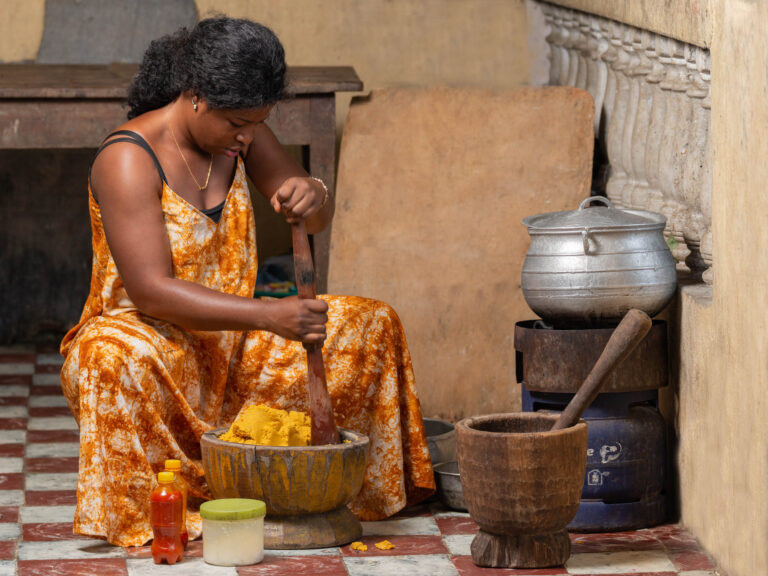
Empowering women in the food system is not only a matter of social justice but also a strategy for achieving resilience and sustainability. By recognising, investing in and promoting women’s education, leadership, equitable access to resources, and decision-making power, we create a food system that is inclusive, resilient and sustainable for future generations. For our efforts towards a sustainable food future to be realised, gender equity and equality should be central to all elements of the food system.
Recently launching an Open Call for social entrepreneurs, AfriFOODlinks is accelerating innovative, women- and youth-led agri-food businesses to support local value addition and inclusive economic participation. Stay up to date with the latest project news, opportunities and events by signing up for our quarterly mailer here.
Explore
"Human and gender rights"

Read more about
"Human and gender rights"
READ MORE
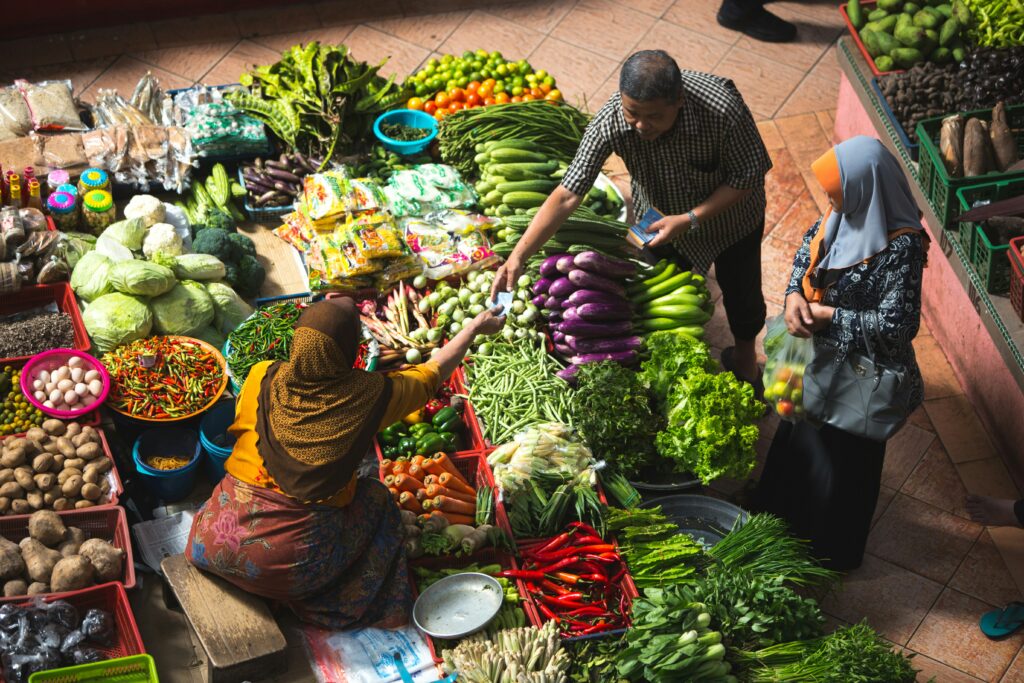
Why science, labelling and simplicity matter for food safety
In recognition of World Food Safety Day 2025, held on 7 June under the theme ‘Food Safety: Science in Action’, we explore how science is shaping the way we interpret and respond to food labelling and marketing. This reflection aligns closely with one of AfriFOODlinks core objectives: to promote sustainable, healthy diets and equitable food … Continued
